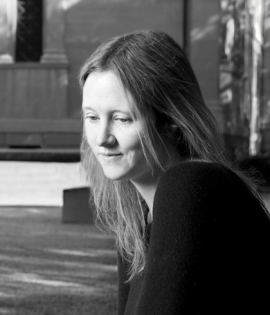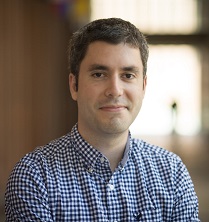Michelle Jackson, Stanford University
4240 Public Affairs BldgA Century of Educational Inequality in the United States
Abstract: The “income inequality hypothesis” holds that rising income inequality affects the distribution of a wide range of social and economic outcomes. Research highlighting the sharp increase in educational inequality in recent decades has fuelled concerns that rising income inequality has had damaging consequences for equality of educational opportunity, even while other researchers have provided descriptive evidence at odds with the income inequality hypothesis. In this paper we track long-term trends in family income inequalities in college enrollment ("enrollment inequality") using all available nationally representative datasets for cohorts born between 1908 and 1995. We show that the trend in enrollment inequality moved in lockstep with the trend in income inequality over the past century. There is one exception to this general finding: for cohorts at risk of serving in the Vietnam War, enrollment inequality was high while income inequality was low. During this period, enrollment inequality was significantly higher for men than for women. Aside from this singular confounding event, evidence on a century of enrollment inequality establishes a strong association between income inequality and enrollment inequality, providing support for the view that rising income inequality is fundamentally changing the distribution of life chances.
Co-sponsored with the Social Stratification, Inequality and Mobility Working Group












